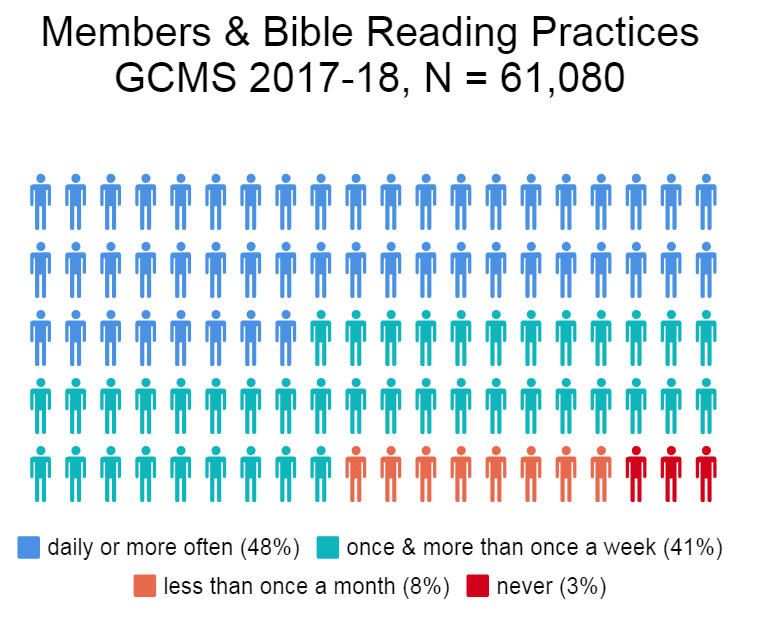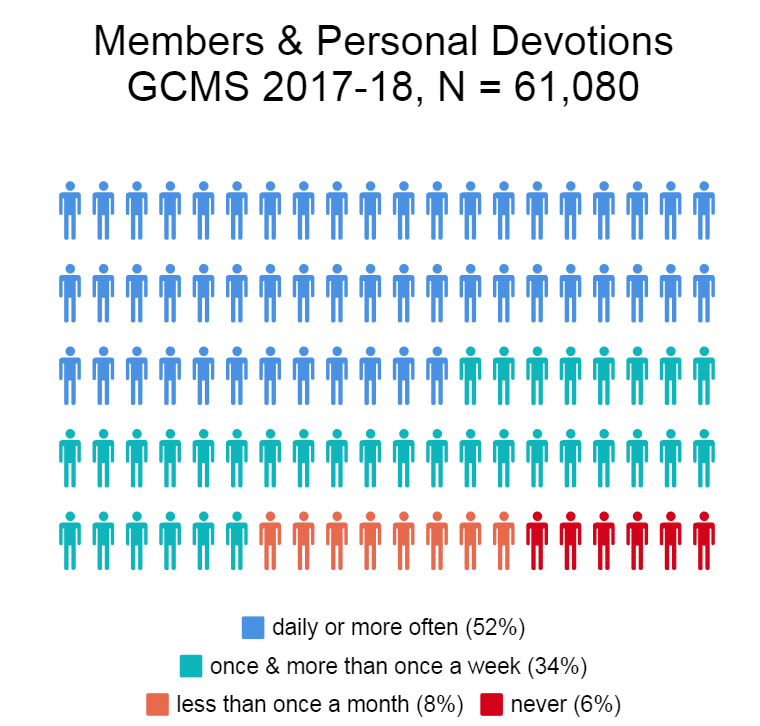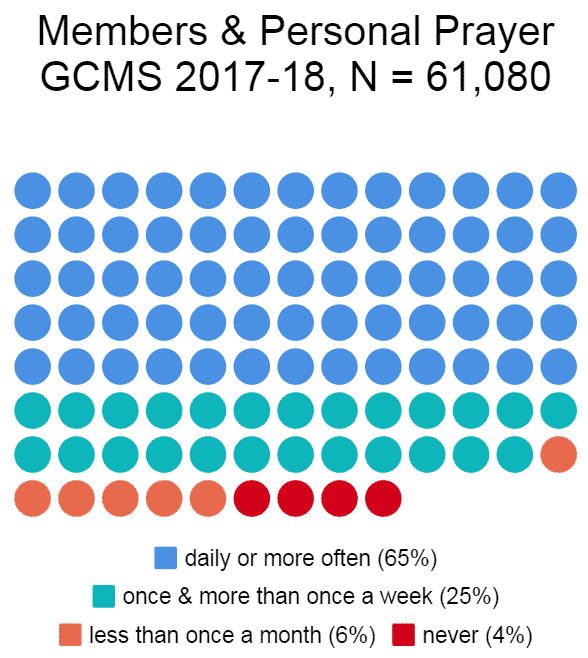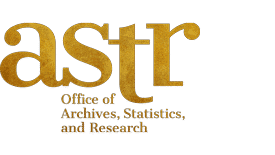From 2017 to 2018, several research teams composed of Adventist researchers from around the world conducted a survey of Seventh-day Adventist church members around the world, commissioned by the General Conference. This study, known as the Global Church Member Survey (GCMS) is conducted every five years, and is designed to examine and analyze church members’ views on different topics – specifically those that reflect their understanding and practice of SDA doctrines and beliefs.
The 2017-2018 study had 63,756 participants from 13 divisions, the 2013 study had more than 26,000 participants from nine divisions. Seven divisions submitted their databases in 2013 and thus made a comparison of two samples possible.
In 2018, there was almost the same number of male (49.1%) respondents as female respondents (50.9%). In 2013, 23,962 participants from seven divisions had a similar percentage of males (49.5%) and females (50.5%).
When it comes to the age of survey participants:
- In 2018, 3.7% were children and youth (less than 16 years of age), as opposed to 5.6% in 2013.
- The 2018 sample was comprised of 18% emerging adults (16 to 25 years), compared with 24.4% in 2013.
- In 2018, 30.2% of participants were young adults (26-40 years), while the 2013 survey included 33.7% people of this age category.
- In 2018, 26.9% were adults (41-55 years), as opposed to 24.4% in 2013.
- The 2018 survey sample was made up of 21.2% older adults (56 years or older); in 2013, 11.9% were older adults.
In the 2018 study, 58.7% of respondents worldwide were married and living with their spouse, 27.8% were single and had never been married, and 11.3% reported that they were divorced, or widowed. In contrast, respondents in the 2013 study 54.7% of respondents were married, 37.5% were single, and 7.7% were divorced, separated, or widowed.
As part of the 2017-2018 survey, respondents were asked about their Bible reading and devotional practices. Almost half (48.3%) of respondents shared that they read the Bible daily or more often, 28.1% shared they read it more than once a week, and 13.3% claim they read it about once a week. However, 7.5% admitted they read the Bible less than once a month, and 2.8% of respondents claim they never read the Bible (Q26.01).

Respondents were also asked about how often they engage in personal devotions (Q26.02). Just over half (51.7%) engage in personal devotions daily or more than once a day, 22.2% do so more than once a week, and 11.6% have personal devotions about once a week. The remaining 14.4% rarely (8% less than once a month) or never (6.4%) engage in personal devotions.

Lastly, survey participants were asked how frequently they have personal prayer (at times other than meals) (Q26.06). Almost two thirds (64.9%) of respondents worldwide shared that they engage in personal prayer daily or more than once a day, 17.3% do so more than once a week, and 7.9% have personal prayer about once a week. Ten percent of respondents rarely (6%) or never (4%) pray.

As 2018 ends, many people find themselves participating in self-reflection; additionally, many use the end of a year to set goals and resolutions for the year to come. When you evaluate your own Bible reading and devotional practices, are you comfortable with the frequency of your time with God? If so, how can you ensure that you continue those strong practices in the coming year?
More data from 2017-2018 GCMS are available here.
Created in collaboration with the Institute of Church Ministry.

